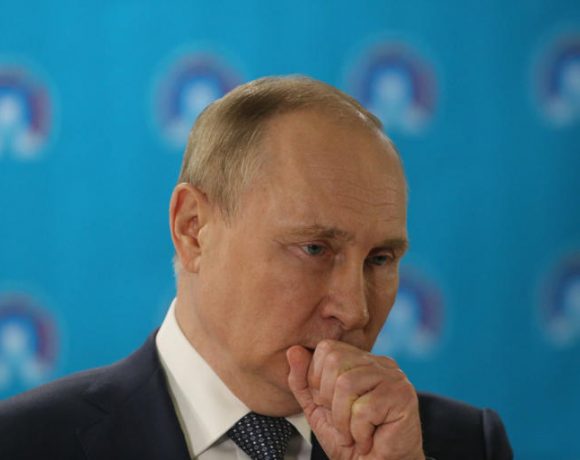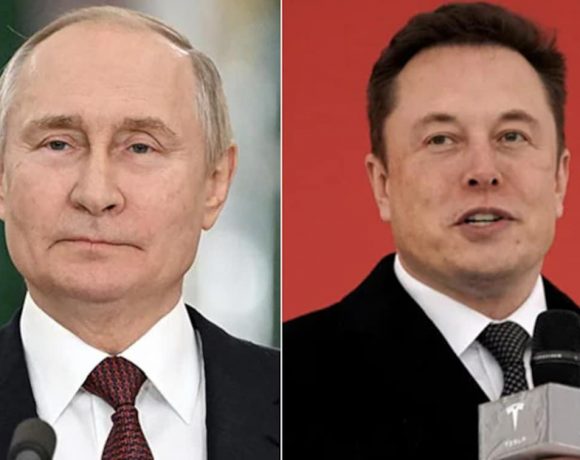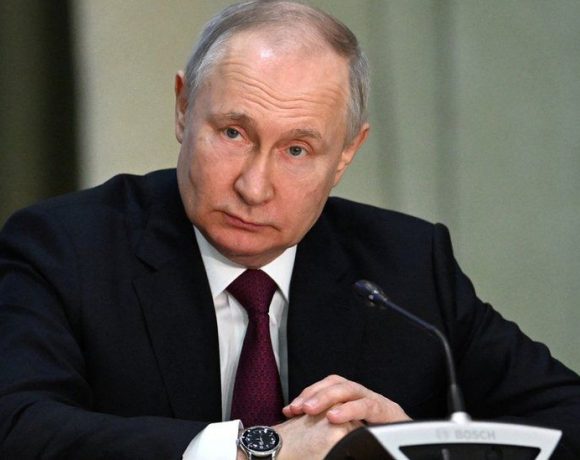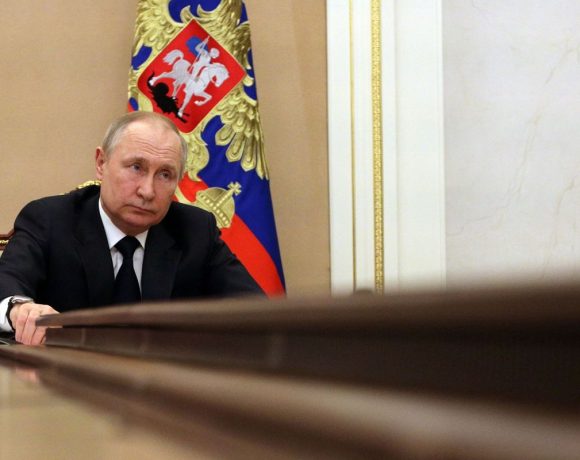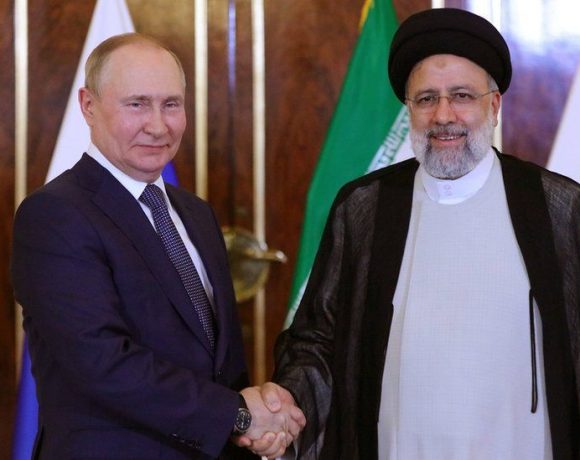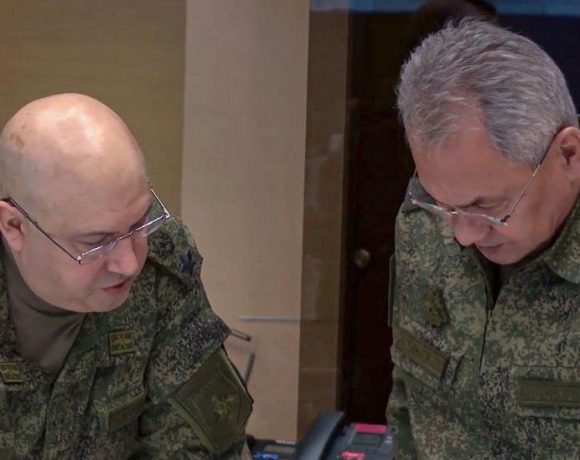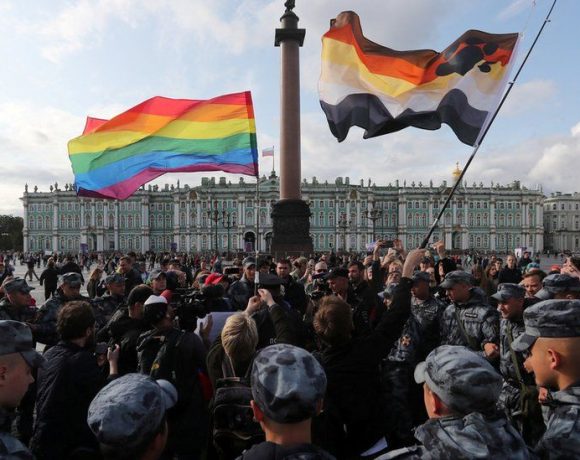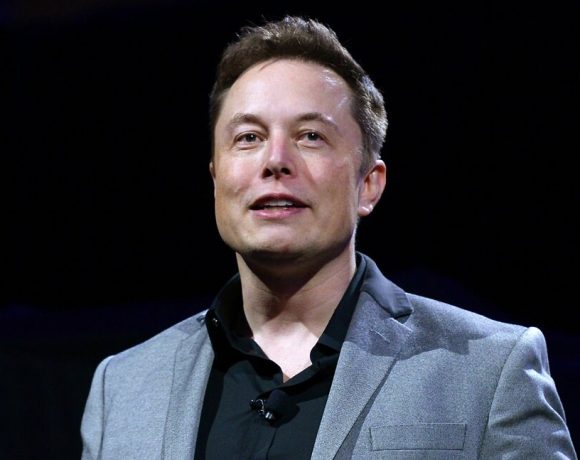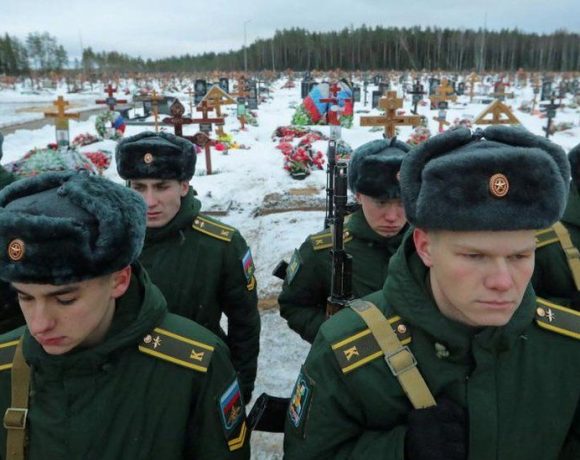
Recently leaked US documents have brought to light that disputes within Russia’s security apparatus have led to the country’s defence ministry being accused of intentionally undercounting the number of casualties resulting from the Ukraine conflict.
Publicly, Russia has been reticent about disclosing the extent of its losses during the conflict. However, according to the leaked files, the FSB security service claimed that officials were neglecting to include the deaths of various groups, including the Russian National Guard and Wagner mercenaries. The Russian government has dismissed the leaks as potentially fabricated and purposely disseminated by the US.
Nevertheless, the documents provide additional evidence to support the already established notion that there have been frequent disagreements between Russia’s military and security entities regarding the management of the Ukraine war and that Russia has refrained from publicising the actual figures regarding deaths and injuries.
The FSB’s estimation of nearly 110,000 casualties in February, as reported in the leaked documents, is still considerably lower than the figures disclosed in previous US leaks this week.
According to those documents, the number of Russian losses ranges between 189,500 and 223,000, with 35,500-43,000 men killed in action. Russia’s most recent official casualty count dates back to September 2022, when officials confirmed the deaths of 5,937 servicemen.
The leaked documents suggest that the military’s reluctance to communicate negative news to higher-ups is demonstrated by its underreporting of casualties within the system. This has led some commentators to speculate that President Vladimir Putin has been shielded from the true extent of Russia’s losses on the battlefield.
Picture Courtesy: Google/images are subject to copyright

